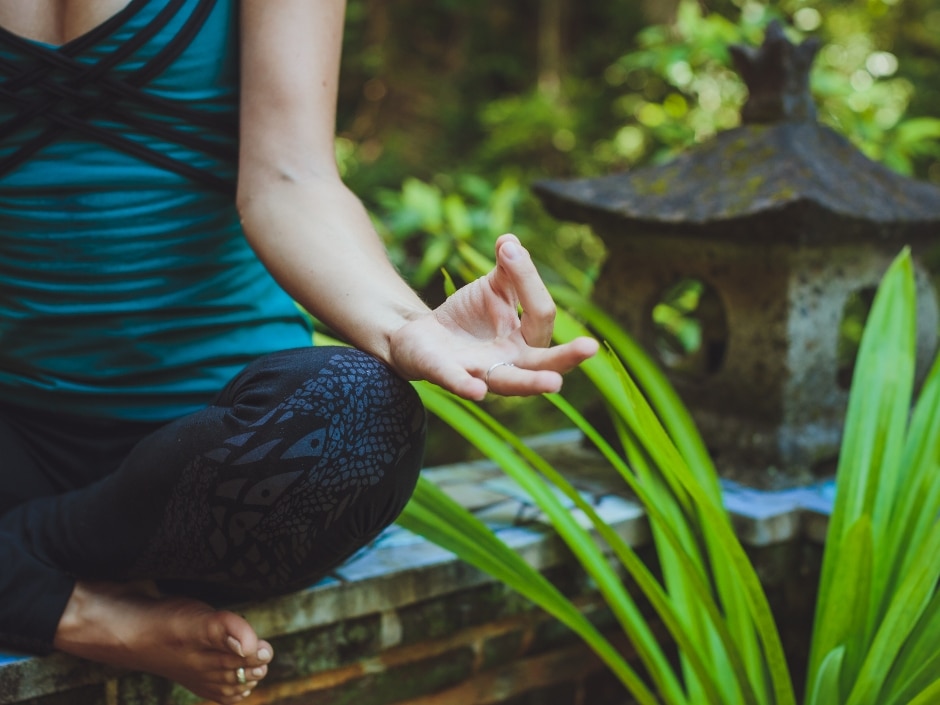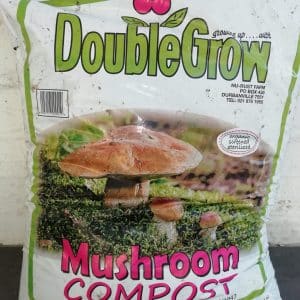Create your own meditation garden
DIY and how-to

No matter the space you’re working with, a meditation garden is a gift you can give yourself for emotional self-care – a place where you can drift off into a state of mindful calm whenever you like.
Creating one is easier than you think and can add to the serene environment your garden should be.
Anyone can meditate
Meditation enables you to focus your mind on one thing without distractions or invasive thoughts interfering. Irrespective of the context that it’s practised in, meditation brings you back to basics, silencing mental clutter and promoting mindfulness.
Mounting evidence shows the physical and mental benefits of including this practice in your daily or weekly routine. Beyond the more predictable mental health advantages, meditation even has anti-inflammatory and anti-ageing benefits.
Follow these steps to lay the foundations of a meditation garden that will give you hours of peace and tranquillity – and support a healthy mind and body.
Step 1. Find a spot that says ‘Zen’
Meditation starts with a slowing down of breathing, thoughts, and movements. For this, you need a naturally quiet space. Of course, in a garden, there are bound to be the instruments of nature’s soundtrack (birdsong, cicadas, rustling trees, etc.), but these are welcome.
Think about the area in your garden that’s already a bit of a natural retreat, where you can barely hear the neighbour’s drum practice or their incessantly barking Jack Russell.
If you’re lucky enough to have a pond or a small stream running through your green oasis, consider positioning your meditation garden nearby. Ideally, you want a spot that has good natural or dappled light.
Step 2. Clear away clutter
Remove any clutter, like unwanted branches and any other debris covering the ground, that takes away from the setting you aim to create.
If any portable plants in this area could work as part of your meditation garden, keep them where they are; otherwise, find a new home for them elsewhere.
What you see in your meditation garden is also important. Test out your different perspectives when sitting or standing in your meditation spot. Remove any immediate eyesores (that rusty wheelbarrow or broken chair you’ve been meaning to take to the rubbish dump).
Step 3. Add structure to your meditation garden
While a meditation garden doesn’t need four walls and a door, creating a bit of a flow with a sitting area and a trellis or other natural material divider can make the space more enticing and add to your sense of calm. A trellis, in particular, is helpful if you consider adding a beautifully scented creeper like jasmine. The spot should instantly transport you away from the daily hustle and bustle.
Consider putting down pavers that lead in from the broader garden, creating a special decorative path to your meditation space. If you prefer to meditate sitting on an elevated surface as opposed to the ground, pick a wooden or bamboo bench and, for extra comfort, add some pretty cushions.
Step 4. Welcome in wildlife
Birds and other creatures are key to the healthy functioning of your garden ecosystem. Adding accessories that attract birds can add an immediate sense of tranquillity. The mental health benefits of the interconnectedness between humans and nature are undeniable.
Tips for inviting in wildlife and boosting overall environmental wellness:
- If you have space, install a water feature – even if only a small one. The sound of trickling water can transform the meditation potential of an outdoor area. Plus, birds, dragonflies, and even frogs are drawn to water sources in your garden.
- A small bird bath can attract birds easily without needing an extra water supply setup.
- Ornamental grass has various benefits for creating a holistic environment in your meditation garden. We love it for the mesmerising way it gently sways in a slight breeze and that it draws seed-eating birds in.
- Yes, your meditation garden is meant to be a calming space, but of course, you can bring in pops of colour – especially if it will invite your local bee colony for a visit.
Step 5. Satisfy the senses
Hanging one or two wind chimes in the closest tree can bring in another auditory calming element. Even on the stillest of days, the gentle jingle of chimes can set the mood for a meditative moment.
When it comes to smell, there’s a direct link between odours and our emotions, so plants with pleasant, calming scents should be on your shopping list.
Some of our favourites:
- Lavender
- Jasmine
- Rosemary
- Gardenia
- Scented geraniums
Place ornamental candles dotted through your meditation garden at varying heights for another lovely sensory element. These will help to create a calming ambience, especially in the late afternoon or early evening. Position them in clusters to create a cosy, calming glow for your space.
Make it your own
Different calming garden elements work for different people, so always be open to experimenting and evolving your meditation garden. Slight tweaks as the seasons change are part of the fun, and you’ll likely find meditation becomes one of your regular garden activities as your dedicated space grows.
If you’re looking for water features, plants, or other gardening supplies to add to your sanctuary, pop into your local Stodels Garden Centres or shop online (Western Cape only).
You might also like
Shop online
-
SNAILFLO 200ML
- R179.99
- Add to cart Learn More
-
SAVOUR EXIGENT 2KG
- R457.99
- Add to cart Learn More




